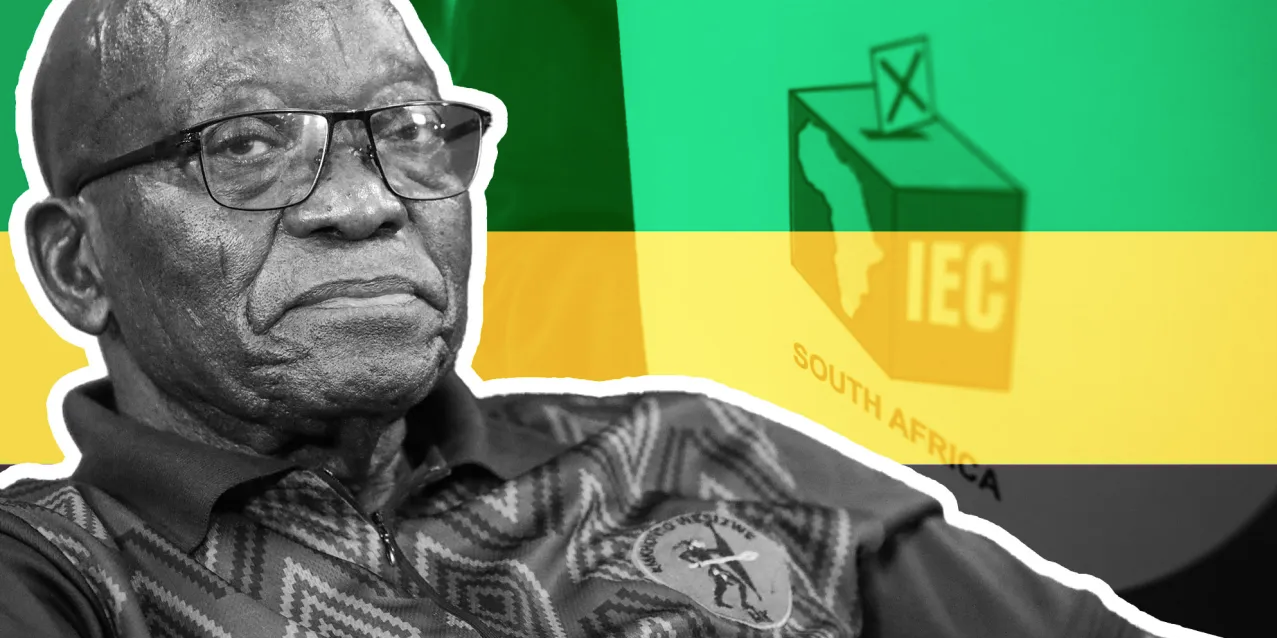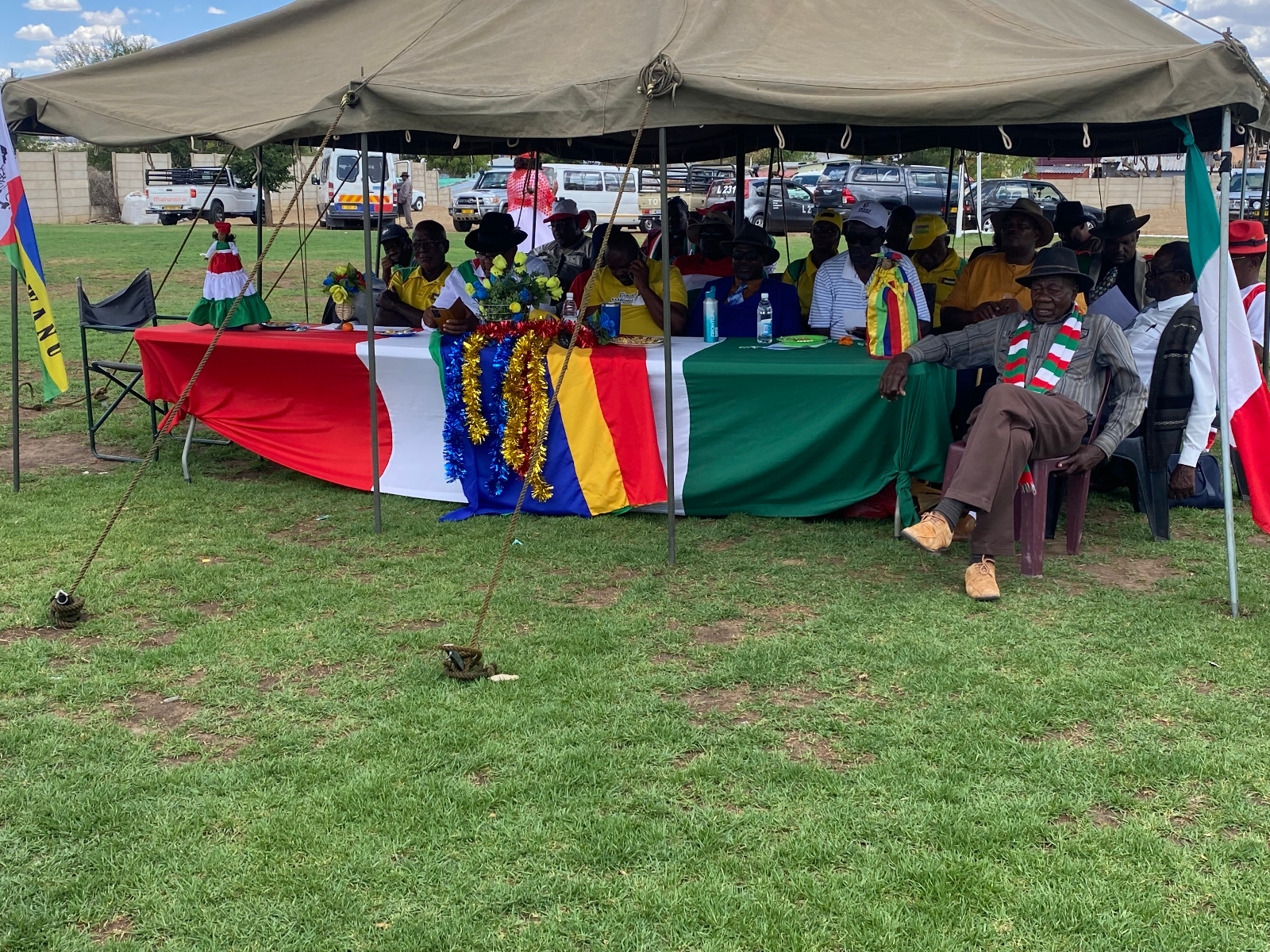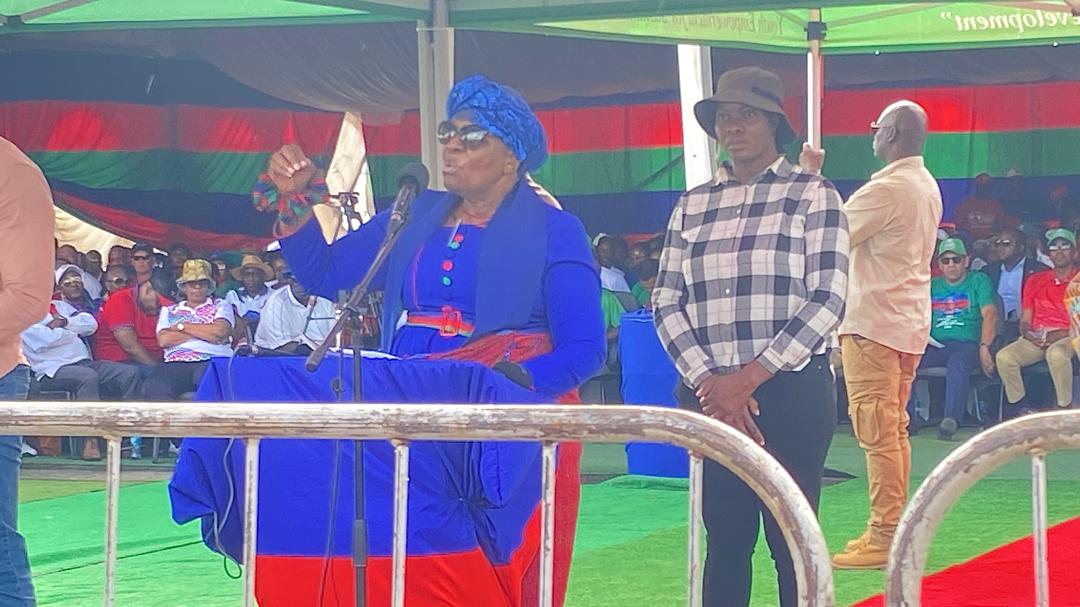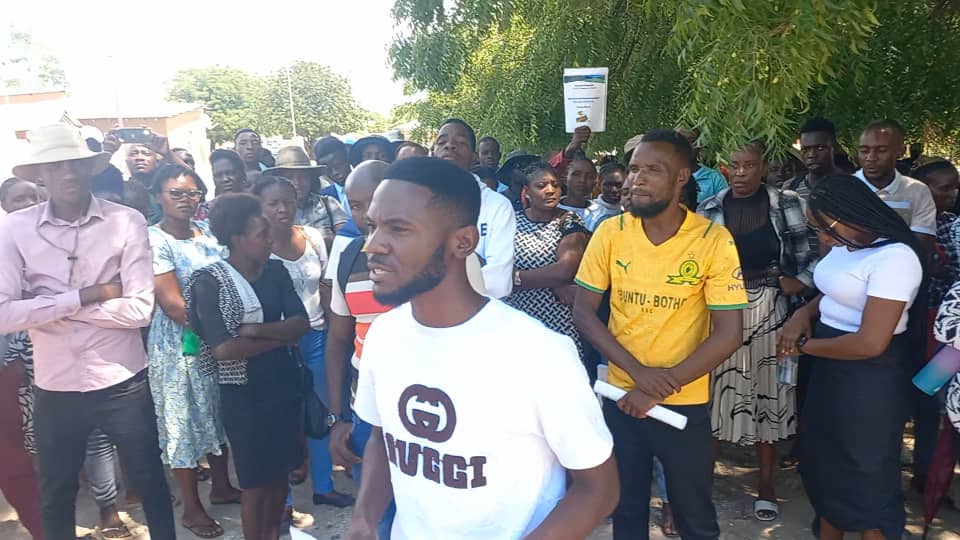While the court case between the Electoral Commission and MK about the party’s lies concerning the election is technically about whether MK has the right to withdraw a case it has started, much more is at stake. In an era defined by deliberate lies and disruption of the democratic process, this may lead to a much bigger role for the commission in preventing a similar occurrence.
This case has its basis in the unfounded claims by MK that the May elections were rigged. While the MK leader, former president Jacob Zuma, had made the unfounded claims many times that the Electoral Commission of SA (IEC) was biased, or that votes had been stolen, it was the legal case instituted before the Electoral Court that changed the game.
First, the IEC disputed the claims and, correctly, told the court there was no evidence of this.
MK provided what it said was evidence, but no facts that bear scrutiny. (The “evidence” included a document purporting to be a technical report by an IT expert; the expert was never named, which is a requirement in court documents.)
Then the party said it was going to withdraw the case despite “mounting evidence” that it was correct. It said it would reinstitute its application at a later stage.
It has given no more details than this, and while it keeps claiming to have evidence, it has made none of this public.
Under normal circumstances, an organisation being taken to court would welcome the withdrawal of the case against it. But, as the IEC has pointed out, that would leave MK’s claims hanging in the air. As a result, the IEC has refused to allow MK to withdraw the case.
This is a brave and important stance.
The IEC’s leadership has clearly decided that this is a good opportunity to make a crucial point: if you accuse the IEC of wrongdoing in court, you must prove it, or there must be a finding that your claims were lies in the first place.
Zuma miscalculated here.
While the case might have been brought by MK on the presumption that it would create a few headlines and media coverage, and could then be quietly withdrawn, Zuma misunderstood the stakes for the IEC’s leadership.
The reputation of the commission is at stake — and with it, the ability of the IEC to hold elections.
In short, for election results to have legitimacy, the IEC must have legitimacy, and the IEC is duty-bound to protect that legitimacy.
It’s personal
For some in the leadership, it may be personal too. It is their names and reputations that are being called into question. These are members of the elite of our society. To be publicly accused of rigging an election, to have their names vilified for no factual reason is something they refuse to accept.
In short, they’ve been called liars by a known liar and they are going to push this case as far as it can go, to protect their reputations.
Wouldn’t you do the same?
This is an important step in the evolution of the IEC in protecting our elections, and it may find that, despite having fewer resources and all of the other tasks it has to perform, it now has to shield voters from lies.
This is a product of the changing nature of our politics. Almost in step with other democracies, the decline of formal media outlets and authoritative broadcasters, and the rise of social media have created this situation.
The Economist recently made this prediction for British politics:
“Declining circulations mean newspapers today offer only a pastiche of popular opinion; broadcasters reach far fewer people than they once did; deranged TikTok videos will determine the next election as much as what leads the evening news. While there was once a discernible set of narratives, whether positive or negative, there is now chaos.”
The resonance with our democracy is strong.
If this is our future, bodies with a legal mandate to ensure free and fair elections will have to play a greater role in preventing lying by those who are courting voters.
In the case of MK, the party has obviously lied. No one can rationally believe MK won the elections; that it won 15% of the national vote and 45% of the vote in KwaZulu-Natal surprised many people.
If it has evidence, why doesn’t it produce it?
This is a golden opportunity for MK to be held legally accountable for its lies.
More than that, this case is bound to expose MK, its leader, Zuma, and its spokesperson, Nhlamulo Ndhlela, for what they are: cynical liars whose only purpose is to sow havoc.
This may be the real value of the IEC’s strategy here.
Given the rise of deliberate lies in our politics, the IEC is likely to be at the centre of more storms in the future. It is showing that it can stand up for itself.
By doing so, it is ensuring the legitimacy of our elections and strengthening our democracy.
Stay informed with The Namibian – your source for credible journalism. Get in-depth reporting and opinions for
only N$85 a month. Invest in journalism, invest in democracy –
Subscribe Now!






